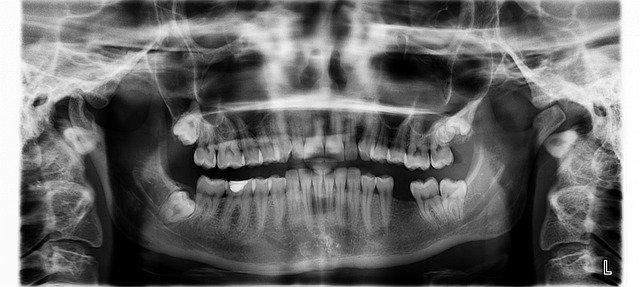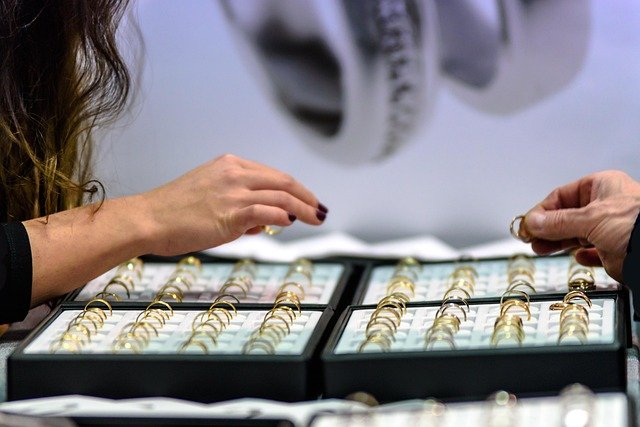Dental Implants in India: A Guide to Treatment Options in 2025
Dental implants have revolutionized restorative dentistry in India, offering patients a permanent solution to missing teeth with results that closely mimic natural dentition. As we approach 2025, India continues to strengthen its position as a destination for advanced dental implant procedures, combining cutting-edge technology with skilled practitioners at competitive prices. This comprehensive guide explores the current landscape of dental implantology in India, covering everything from basic concepts to the latest advancements and treatment protocols that patients can expect in 2025.

What Is a Dental Implant and Why Is Titanium the Key to Success?
A dental implant is essentially an artificial tooth root made typically from titanium that provides a permanent base for fixed replacement teeth. The implant structure consists of three components: the implant fixture (the titanium screw that fuses with the jawbone), the abutment (the connector that supports the crown), and the prosthetic tooth (crown).
Titanium remains the gold standard material for dental implants due to its remarkable biocompatibility and osseointegration properties. When placed in the jawbone, titanium forms a special bond with bone tissue through a process called osseointegration, where the bone cells grow directly onto the implant surface, creating a strong and permanent foundation. This biological integration is what gives dental implants their exceptional stability and longevity, with success rates typically exceeding 95% when properly maintained.
Additionally, titanium is highly resistant to corrosion and extremely durable, allowing implants to potentially last a lifetime. The material’s high strength-to-weight ratio means it can withstand the powerful forces of chewing without compromising the implant’s structural integrity. As we head into 2025, while some ceramic alternatives have emerged in the market, titanium continues to dominate implant dentistry due to its proven track record and excellent mechanical properties.
Who Are Implants For? Eligibility Analysis
Dental implants can benefit a wide range of patients, but not everyone is an ideal candidate. The primary requirements for implant eligibility include:
Sufficient bone quantity and density to support the implant fixture. Patients with significant bone loss may require bone grafting procedures before implant placement. In 2025, advanced diagnostic imaging allows practitioners to precisely assess bone quality and plan accordingly.
Good overall oral health is essential, as conditions like active gum disease can compromise implant success. Patients should have any periodontal issues treated before proceeding with implants.
Adequate general health is necessary since implant surgery is a minor surgical procedure. Patients with uncontrolled diabetes, immunodeficiency disorders, or those undergoing certain cancer treatments may face higher complication risks.
Age considerations are important as well. While there is no upper age limit for implants, the jawbone should be fully developed, generally making candidates under 18 years less suitable in most cases.
Smoking significantly reduces implant success rates by impairing healing. While not an absolute contraindication, patients who smoke are strongly advised to quit before undergoing implant treatment to improve outcomes.
By 2025, Indian dental clinics are expected to employ more sophisticated pre-assessment protocols, using 3D imaging and artificial intelligence to better predict implant success rates for individual patients based on their specific anatomical and health profiles.
Step-by-Step Treatment: Your Path to a New Smile
The dental implant journey typically follows a structured timeline, although the specifics may vary based on individual patient needs:
-
Initial Consultation and Planning: This involves comprehensive oral examination, medical history review, and diagnostic imaging (X-rays, CT scans). Advanced treatment planning software allows dentists to create precise surgical guides for optimal implant placement.
-
Preparatory Procedures: Some patients may require preliminary treatments such as tooth extractions, bone grafting, or sinus lifts to create an ideal foundation for implants. These procedures may extend the overall treatment timeline.
-
Implant Placement Surgery: During this procedure, the titanium implant is surgically positioned in the jawbone. In 2025, most Indian clinics will offer minimally invasive techniques, including flapless surgery and computer-guided implant placement, reducing patient discomfort and healing time.
-
Healing and Osseointegration: Following implant placement, a healing period of 3-6 months is typically required as the bone integrates with the implant. The specific duration depends on individual healing capacity and implant location.
-
Abutment Placement: Once osseointegration is complete, a small connector (abutment) is attached to the implant, which will hold the final tooth restoration.
-
Final Restoration: The custom-made crown, bridge, or denture is attached to the abutment, completing the restoration. CAD/CAM technology enables precise fabrication of prosthetics with excellent esthetic results.
-
Follow-up Care: Regular check-ups and maintenance are essential for long-term implant success. By 2025, remote monitoring technologies may allow dentists to track implant health between appointments.
The entire process typically spans 3-9 months, though immediate or early loading protocols are increasingly available for suitable candidates, potentially reducing treatment timelines significantly.
Latest Trends in Indian Implantology
As we approach 2025, several emerging trends are reshaping dental implant treatments in India:
Digital Workflow Integration: The entire implant process—from diagnosis to final restoration—is becoming increasingly digitized. Intraoral scanners, CBCT imaging, and CAD/CAM systems are being seamlessly integrated to improve precision and efficiency.
Immediate Loading Protocols: More clinics are offering same-day implants where appropriate, allowing patients to receive temporary teeth immediately after implant placement rather than waiting months for healing.
Guided Implant Surgery: Computer-guided implant placement using surgical guides fabricated from digital scans ensures precise positioning and minimizes risks, especially in complex cases.
Surface Technology Advancements: Novel implant surface treatments and coatings are enhancing osseointegration and reducing healing times. Antimicrobial surfaces that reduce infection risk are gaining popularity.
Biological Approaches: Platelet-rich fibrin (PRF) and other growth factor therapies are increasingly incorporated into treatment protocols to accelerate healing and improve tissue integration.
Zirconia Implants: Though titanium remains dominant, metal-free zirconia implants are gaining traction for patients with metal sensitivities or those seeking more aesthetic options, particularly in the anterior region.
These technological advancements are making implant treatment more accessible, predictable, and comfortable for Indian patients while maintaining high success rates.
Dental Implant Costs in India: Factors That Influence Pricing
The cost of dental implants in India varies considerably based on several key factors:
| Procedure Type | Average Cost Range (INR) | Key Factors Affecting Price |
|---|---|---|
| Single Tooth Implant | 25,000 - 60,000 | Implant brand, material quality |
| Full Arch All-on-4/6 | 2,00,000 - 5,50,000 | Number of implants, prosthetic material |
| Bone Grafting | 10,000 - 30,000 | Graft material, complexity |
| Sinus Lift | 15,000 - 40,000 | Technique used, surgeon expertise |
| Computer-Guided Surgery | Additional 8,000 - 20,000 | Technology used, clinic infrastructure |
Prices, rates, or cost estimates mentioned in this article are based on the latest available information but may change over time. Independent research is advised before making financial decisions.
Geographic location significantly impacts pricing, with metropolitan areas like Delhi, Mumbai, and Bangalore typically charging more than smaller cities or rural areas. The clinic’s reputation, dentist’s expertise, and the technology employed also influence costs.
The implant brand is another major cost determinant. Premium international brands like Nobel Biocare, Straumann, or Dentsply Sirona command higher prices than regional alternatives, though many Indian clinics now offer a range of options to suit different budgets.
Additional procedures such as bone grafting, sinus lifts, or soft tissue augmentation will increase the overall treatment cost. Similarly, the type of final restoration—whether a basic porcelain crown or a more premium zirconia prosthetic—affects the final price.
Despite these variables, dental implant treatment in India remains significantly more affordable than in Western countries, with savings of 60-70% common when compared to prices in the US, UK, or Australia, making India an attractive destination for dental tourism.
Dental insurance coverage for implants remains limited in India, though some premium health insurance policies have begun including partial coverage for implant procedures, a trend that is expected to grow by 2025.
This article is for informational purposes only and should not be considered medical advice. Please consult a qualified healthcare professional for personalized guidance and treatment.




